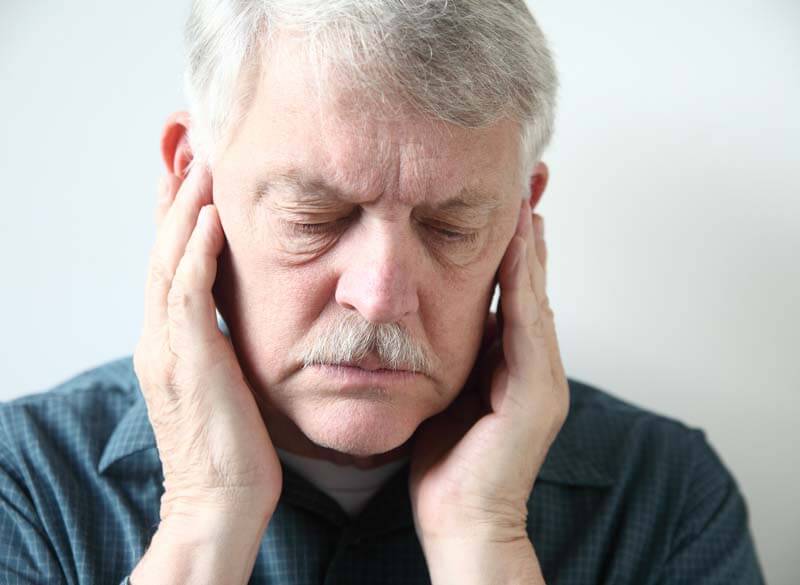
No one likes to have a headache. But everyone has to deal with them at some point.
Most people are lucky enough to experience headaches or migraines infrequently – like after a night of drinking or poor eating choices. And for these more rare migraines or headaches, a simple solution like ibuprofen or Excedrin Migraine is often enough to do the trick.
But for others who deal with chronic headaches and/or migraines a more in-depth investigation and solution to the problem is called for.
7 Essential Oils & Blends for Headaches & Migraines
Finding natural treatments for headaches can prove to be a headache in itself.
Luckily for us, we can reach into our essential oil collection to find relief.
Let’s look at some of the best essential oils to help you stop your headaches in their tracks.
1.) Rose
Rose oil helps to comfort and soothe the nervous system, and thus supports a healthy stress response and limiting nervous tension. In addition, it has excellent therapeutic qualities which can soothe emotional upset, insomnia, depression and restore confidence.
2.) Lavender
The analgesic action of lavender oil, together with its relaxing effects on the nervous system, make it an effective treatment for headaches and migraines. Lavender is a fantastic stress reliever It calms the body and mind, creating harmony and tranquillity.
3.) Melissa
Melissa lifts the spirits and instills optimism – just what we all need when we’re stuck with a nasty headache! Melissa oil calms the nerves in our brain, helping to ease the pain caused by headaches and migraines. It also effectively reduces the symptoms of colds and cases of flu by relieving congestion and calming a cough.
4.) Chamomile
Chamomile encourages relaxation throughout the body. It calms the mind, muscles, and nerves. It is a diuretic, so it encourages urination and the detoxification of the body. It relaxes irritability, depression, nervous tension, and anger. These calming qualities make it an effective remedy for tension headaches.
5.) Peppermint
Peppermint is a refreshing and uplifting oil that helps reduce mental fatigue and improve concentration. It is a great tonic for the digestive system, which makes it particularly helpful for gastric based headaches. The menthol in peppermint also helps clear the respiratory tract, easing symptoms of sinus blockage and other cold symptoms.
6.) Eucalyptus
Eucalyptus oil refreshes and stimulates the brain, clearing mental exhaustion and fatigue. It is particularly effective for colds for its ability to heal the upper respiratory tract. It eases pain and reduces inflammation.
7.) Marjoram
Marjoram is known to be beneficial for brain health by strengthening and fortifying brain tissue. It helps relieve anxiety and stress with its warming action on the body and mind. It relieves tight muscles, muscle cramps, and muscle strain.
8.) Eden’s Garden Head Ease Synergy Essential Oil Blend
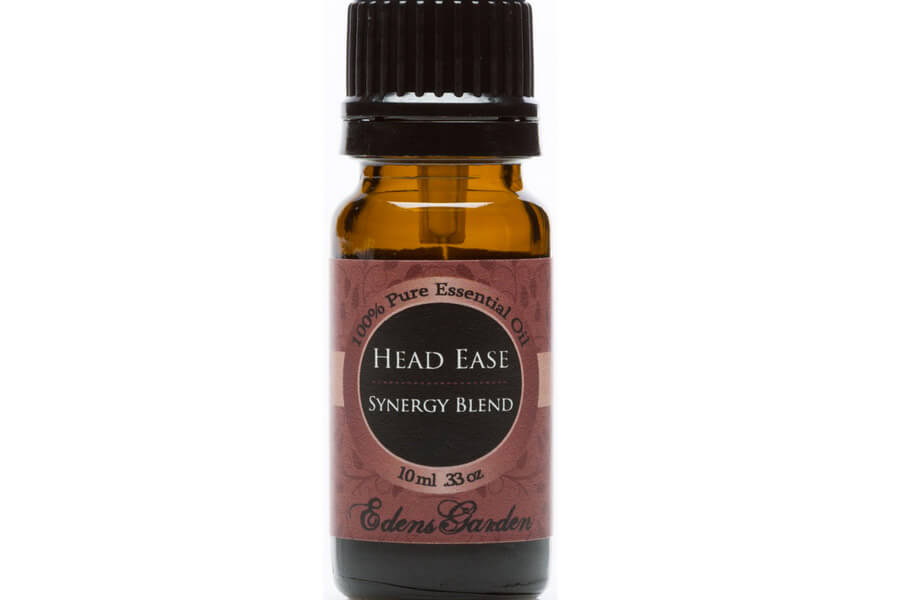
This Blend Includes:
- Basil
- Chamomile
- Frankincense
- Lavender
- Peppermint
- Rosemary
- Sweet Marjoram
- Wintergreen
9.) Plant Therapy Headache / Tension Relief Synergy Essential Oil Blend
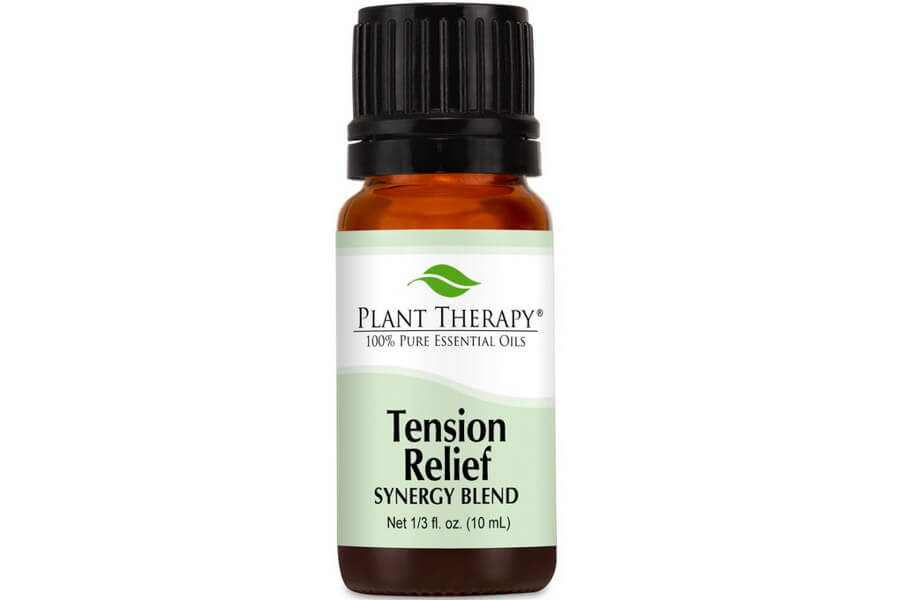
This Blend Includes:
- Peppermint
- Eucalyptus
- Rosemary
- Basil
- Spearmint
- Lavender
- Ginger
- Ravensara
- Cinnamon
- Lemongrass
- Helichrysum italicum
- Roman Chamomile
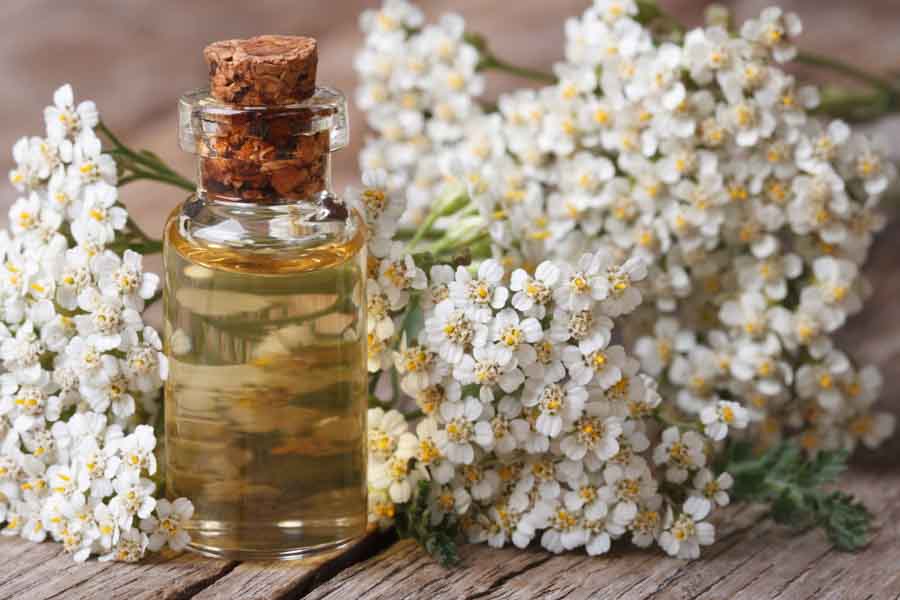
9 Essential Oil Based Recipes and Application Methods for Headaches & Migraines
Okay, now onto the applications!
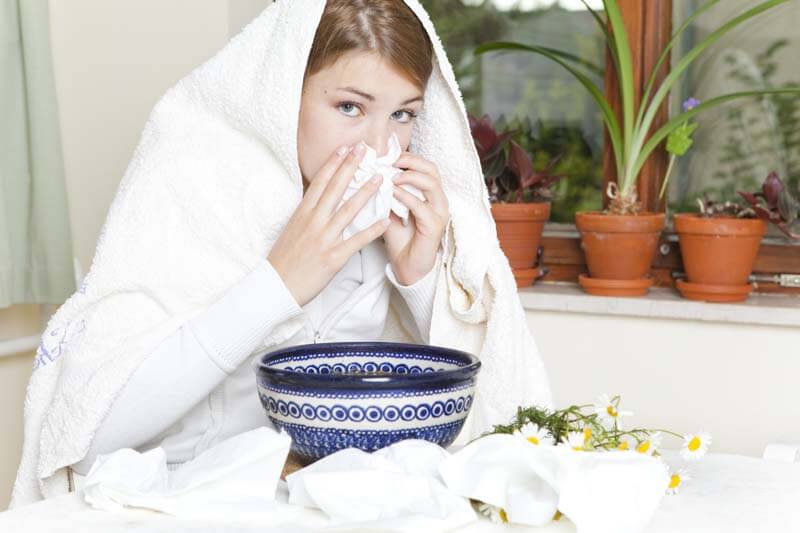
1.) Simple inhalation method
For tension headaches/migraines simply inhale a few drops of any of the following oils:
You can inhale the oils from a tissue, a portable inhaler or add them to a diffuser (a little less effective).
2.) Steam inhalation with decongestant oils
If you are a particularly congested and stuffed up you could use some decongestant oils to clear it out. This is can help ease headaches that are accompanied by cold symptoms.
For steam inhalation simply add 2-3 drops of the essential oils of peppermint and/or eucalyptus into a bowl of steaming hot water. Cover your head with a towel over the top of the bowl and inhale deeply for 5-10 minutes. Be sure to keep your eyes closed. You can find more info about inhaling essential oils here.
3.) Simple temple application
Another exceedingly simple approach for treating headaches is to apply a drop or two of your preferred essential oil to the temples.
Just gently rub in a drop or two of lavender, rose or melissa into your temples and relax.
4.) Give yourself or receive a neck or shoulder massage
Getting a firm neck and shoulder massage is particularly effective for relaxing tension headaches.
For your massage use 4 to 5 drops each of lavender, peppermint and marjoram oil combined in 5 tsp of your preferred carrier oil (argan, coconut, sesame, sweet almond, jojoba, grapeseed, macadamia)
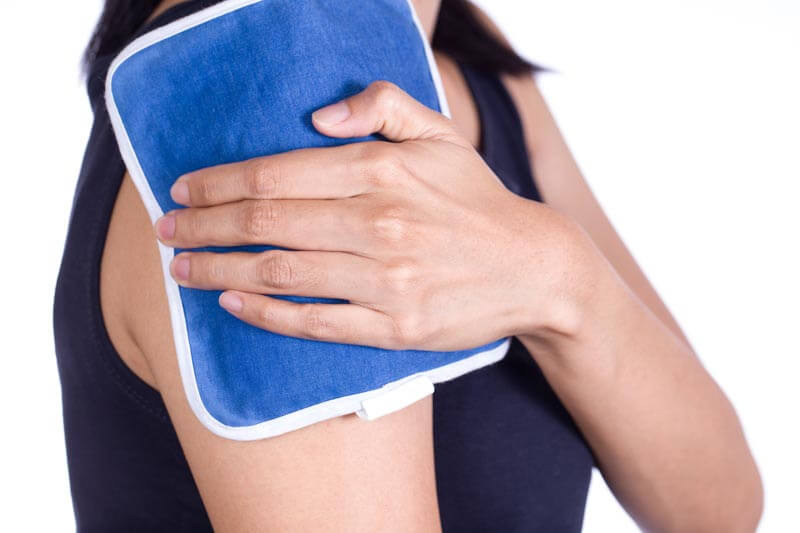
5.) Apply a hydrosol enhanced cold compress
For strenuous headaches that tire and strain the eyes, you can apply a cold compress to the forehead or back of the neck.
To do this simply soak a cold compress/hand towel in cold water with a bit of rose hydrosol, chamomile hydrosol and/or lavender hydrosol added as well.
6.) Enjoy a relaxing and aromatic bath
Baths can effectively melt away tension. Adding certain essential oils can certainly enhance them and prove particularly effective in melting away headaches and migraines.
For your bath add some of the following oils (no more than 10 drops total)
For added decongestant support
Additional (Non-Essential Oil Based) Natural Remedies
Here are some more natural products you can use in addition to your essential oil treatment regimen.
Happy Wraps Lavender Yoga Eye Pillow Hot or Cold Relief

- Provides calming French lavender flowers for aromatherapy stress relief
- Soft, silky fabric
- Organix Flax seed filling
- Large enough to block out light completely with no straps
- Can be used both hot (microwave) and cold (freezer)
- Also relieves sinus pain, soothes tired, puffy eyes
Preventa Migraine by Family Tree Remedies
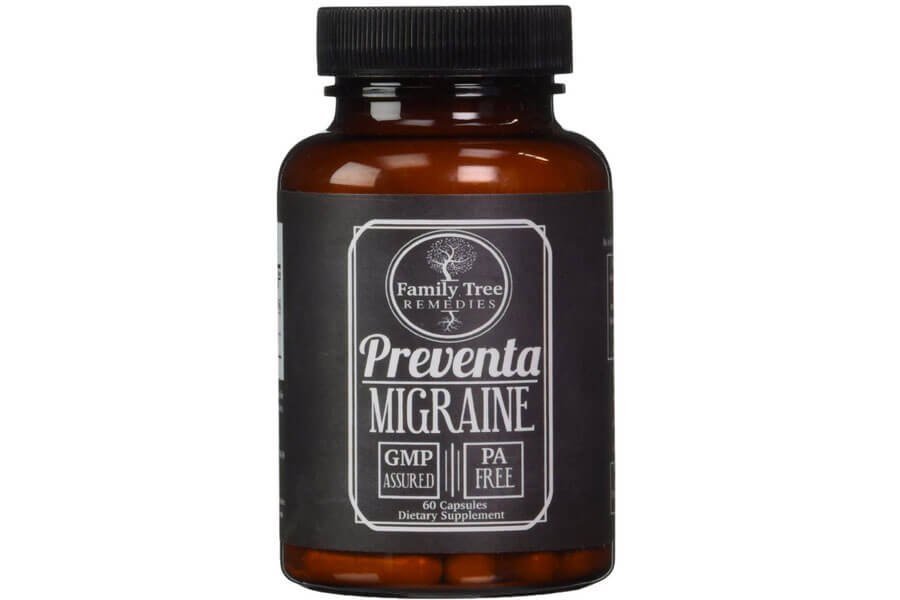
- 100% natural ingredients
- Clinically shown to reduce migraine frequency and intensity
- Can be safely used with most prescription medications
- Features butterbur root, magnesium citrate, riboflavin, feverfew
- Vegetarian Capsule – Wheat Free – Gluten Free – Dairy Free – Nut Free – No Artificial Colors – No Artificial Flavors
Lifestyle Recommendations for treating Headaches & Migraines
While they are effective, essential oils and other natural remedies can only do so much when treating headaches.
Often the source of our headaches is deep-rooted. Food allergies, internal imbalances, sleep disorders, nutritional deficiencies…
We need to address the root cause of our condition.
The following recommendations include some more quick relief type methods for treating migraines & headaches.
But more importantly, I’ve included some therapeutic, long-term approaches and methods to the section as well.
Listen closely if you want to cure your headaches and prevent them from recurring for good.
Remember though, chronic headaches can be hard to fix. Headaches are difficult to diagnose, even for neurologists. You will have to do some serious investigation and put forth a good deal of effort if you want to heal your condition.
The following are potential factors that can contribute to frequent headaches & migraines:
Not drinking enough water
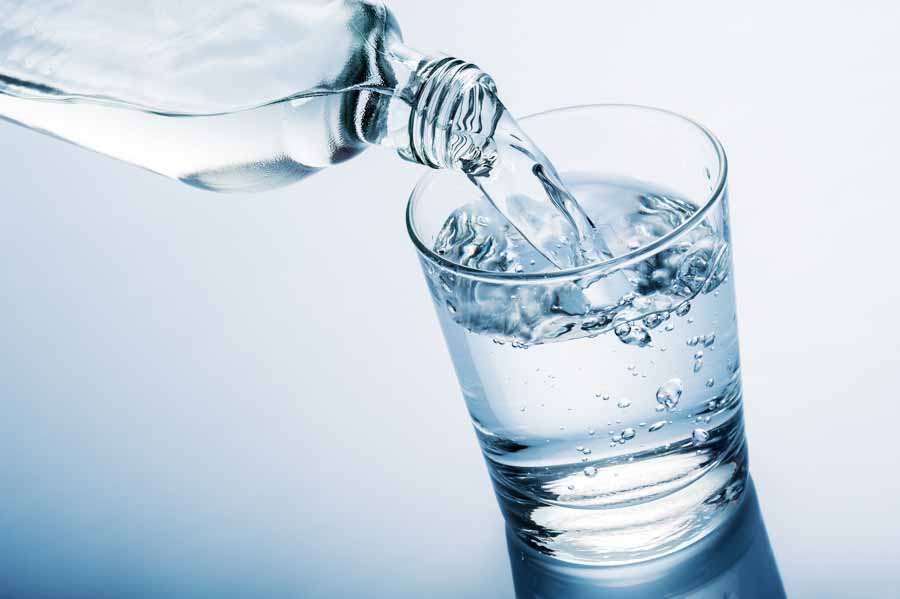
Dehydration is often is a large contributor to headaches and migraines for most sufferers.
Luckily this is a really easy fix.
Just drink more water!
I’ve found that essential oils can help motivate me to drink more water.
I always add just a drop or two of lemon, mandarin or peppermint in my water to add a bit more flavor and therapeutic effect.
It’s tasty and it makes me drink more water than I would otherwise.
Magnesium deficiency
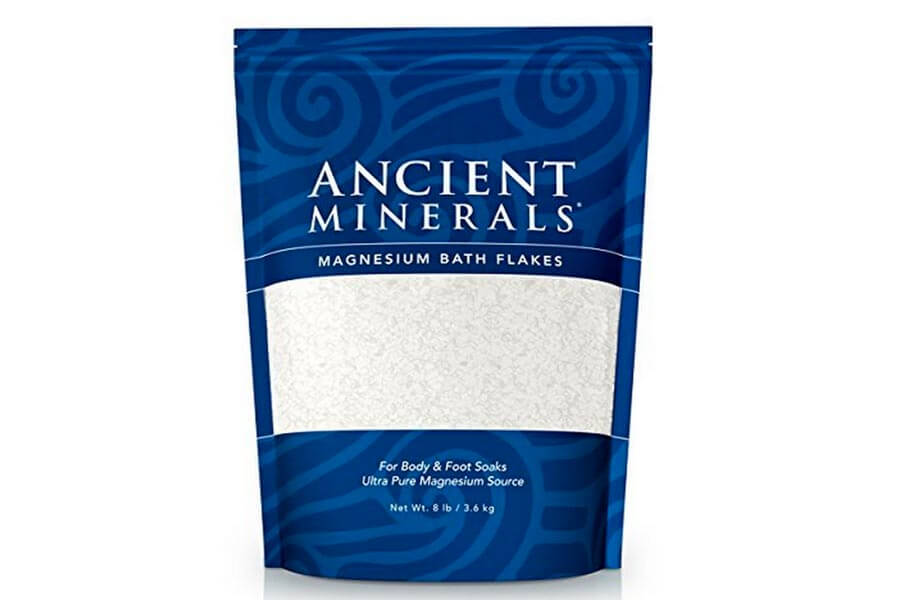
Magnesium is thought to affect changes in the blood vessels in the brain.
Studies have shown that people with chronic headaches and migraines often have low levels of magnesium.
Magnesium is an important element in the human system. It is essential for proper muscle and nerve function and it helps maintain strong bones and a steady heart rhythm. It’s also important for regulating both blood pressure and blood sugar levels.
You can learn more about magnesium and headaches/migraines here and here.
To get more magnesium you can add more magnesium-rich foods to your diet, like:
- Organ meats (liver, kidney…)
- Spinach
- Chard
- Pumpkin seeds
- Bananas
- Avocado
- Figs
- Dark chocolate
- Black beans
- Almonds
- Yogurt/kefir
You can also supplement with highly absorbable forms of supplemental magnesium such as magnesium glycinate chelate.
Another great way to get more magnesium into your system is to take a soothing bath with added magnesium flakes. It’s both a relaxing and effective way to combat magnesium deficiency.
Having a poor Sleep Schedule

Sleep quantity and quality can also play a significant role in developing headaches and migraines. Getting too little rest – or even too much in some cases – can bring on headaches.
Plus if you’re already suffering from a headache or a migraine you’re at a disadvantage when trying to fall asleep. Sleep quality can dip dramatically if your head is pounding during rest, which can set you up for more aches for days to come…
If you have difficulties with your sleep patterns consider some of the following recommendations:
- Set a regular sleep schedule. Set aside eight hours of sleep at night. Even if you don’t sleep those whole eight hours make sure that you use this time for relaxation. Avoid using bright screens and keep your lights dimmed. If you have to do some activity simply read, follow your breathing or reflect positively on your day.
- Eat and drink earlier at night. By limiting fluid intake before bed you minimize interrupting trips to the bathroom. Same for foods, as they can often add some liquids too and promote bathroom trips.
- Make sure your sleeping environment is comfortable. Keeping the temperature comfortable, the room pitch black and a diffuser going can make all the difference in lulling you to sleep.
Suffering from food allergies

Headaches can be symptomatic of a variety of issues in the body.
The common issue here is inflammation.
Food allergies, which are more common than many people realize, create a lot of inflammation in the body when an offending food is ingested that triggers an immune response.
When the food(s) are removed, the headaches/migraines can disappear.
What potentially allergenic foods could be contributing to your headaches/migraines?
Ultimately the body can be allergic to any food.
But there are some more common foods that people are allergic to
- Cereal grains (gluten)
- Milk (casein, lactose)
- tree nuts
- peanuts
- soybeans
- fish
- crustacea
To know for sure if you have food allergies I recommend everyone gets a food allergy blood test.
High stress and tension levels

Stress levels are a big factor for headaches and migraines.
Whether it is mental, physical or dietary stress – you can be sure that the stresses of your life have some involvement with your headaches.
If you are suffering from headaches it would be a good idea to take a close look at the stressor in your life and see how many you could reduce or free yourself from.
If you find that you are in fact dealing with significant stress I recommend taking frequent baths and getting massages. I have a pretty nifty personal massager from Ivation that I use every night. Not the same as a real message, but it’s damn good for the price.
Excess consumption of MSG
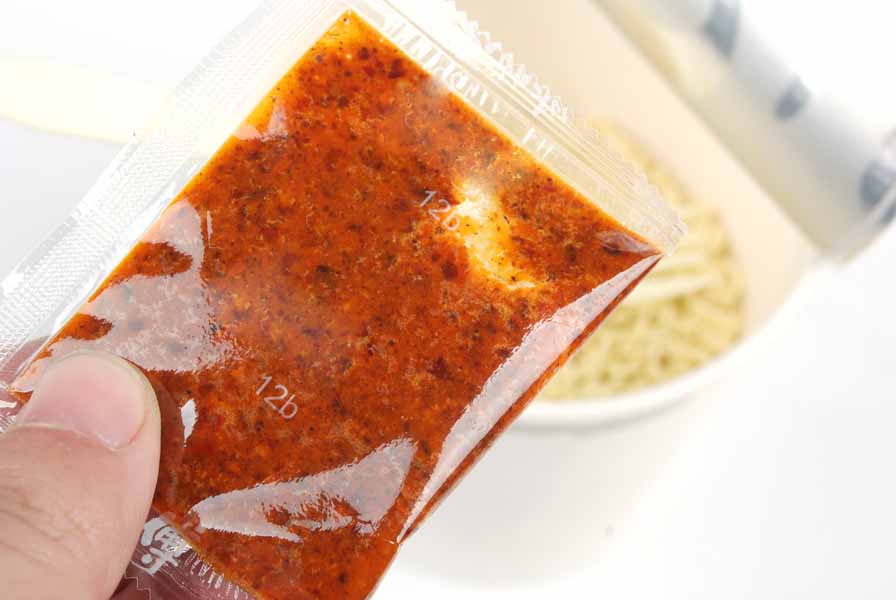
Despite some of its broad claims of relative safety, MSG (monosodium glutamate) has been associated with triggering a variety of health ailments including migraine headaches. Because of this many headache specialists recommend an MSG-free diet.
Glutamate is a common neurotransmitter in the body that. MSG has a direct effect on your glutamate pathways.
One of the primary purposes of adding monosodium glutamate to food products is to affect hunger. MSG and glutamate affect the hypothalamus which dictates our sense of being full. More MSG can mean more hunger and suppressed satiety response.
MSG was discovered and isolated in the early 20th century. Because it’s considered a natural substance – and a component of food, not an ingredient – MSG doesn’t have to be labeled on food products.
While some companies do list MSG in their ingredients others do not, opting to use a pseudonym for the substance or leave it out of the nutrition facts entirely.
It’s not just foods that you’ll find MSG in. You’re also likely to come across them in energy drinks, soda, sunscreen, cosmetics, bug sprays, medications, shampoos, conditioners, vaccinations… etc.
The reasons MSG is linked with migraines and headaches is due to its propensity to increase glutamate levels in the brain, often considerably. Too much glutamate brings on toxicity and inflammation in the brain which leads to headaches. This inflammatory response can impair or destroy brain receptors as well.
Conclusion

Hopefully, you’ve found some helpful information in this post.
If you have any questions, comments or recommendations of your own please let us know in the comment section below!


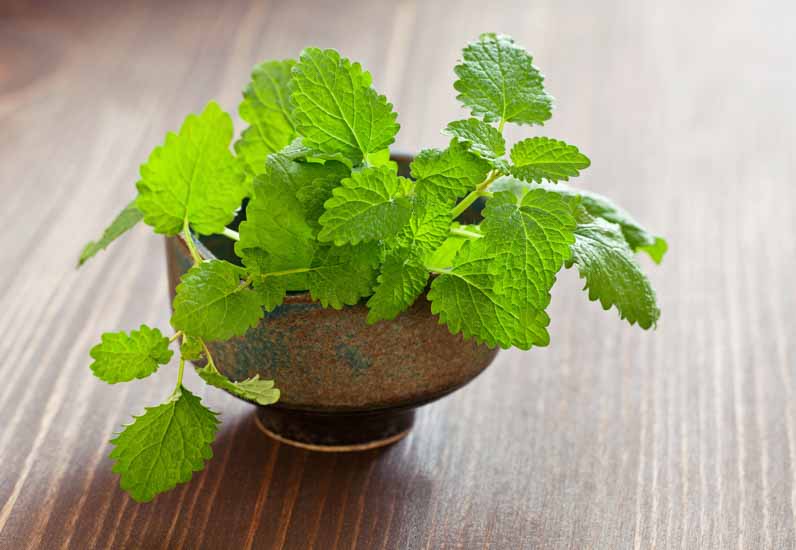


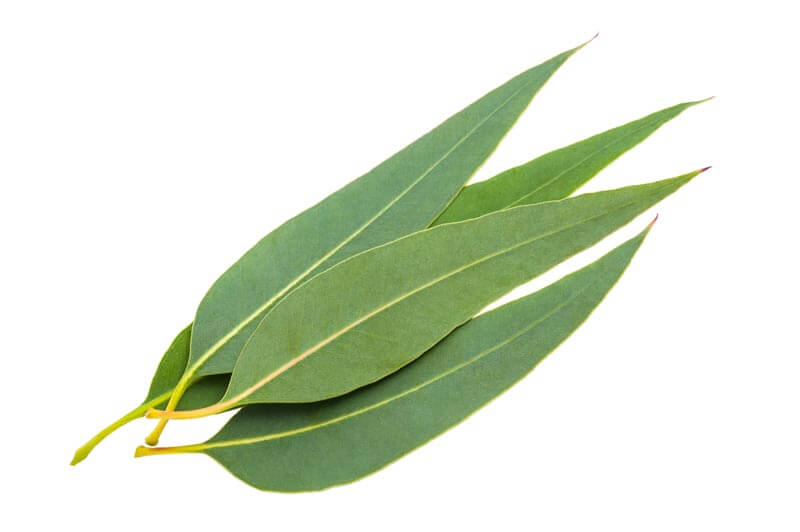


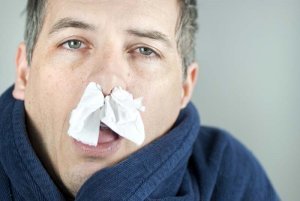



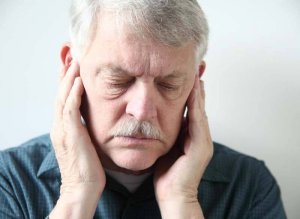




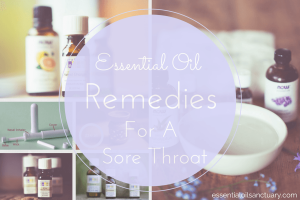

4 thoughts on “7 Best Essential Oils for Headaches And Migraines + Tips”
Hi,
I am fairly new to essential oils but find your site very clear, easy to understand & helpful! Thank You!!!!
I suffer from serval chronic illnesses & issues ~ the most prevalent being Chronic Migraines, Chronic Everyday Headaches (debilitating ones), Fibromyalgia, Digestive issues & Chronic Nausea.
I noticed that Lavender is recommended for most ailments & recipes; unfortunately I am allergic to it. Are there oils that have the same or similar properties & effectiveness to Lavender that I can use as a substitute?
Hope you don’t mind me asking another question?
I use a lot of peppermint oil (topically) for my chronic headaches & migraines ~ it seems to be the only thing that gives me some relief! That being said, I have always disliked the smell (very much!!!) but continue to use it anyway.
I was wondering if there are any other oils with the same effects or something similar that I could use instead ~ preferably something that smells better?! That would be Great!
Any assistance would be Greatly Appreciated!
Thank you for your time,
Hello, I suffer from frequent migraines also and my go to EO used to be peppermint. However, I have been using frankincense for my husband’s sciatica with great results and decided to give it a try. I mix frankencense and spearmint with some Epsom salt in the bath. My headache melts away and I get a boost of energy. Hope you can find some relief with this method. I am looking into the magnesium link as well.
I just came across this while searching for information on peppermint oil. I have rare migraines called Sporadic Hemiplegic Migraines . Since I was 7 years old I have suffered with stroke like symptoms which include loss of vision, loss of speech, the whole right side of my body goes numb and a new symptom I’ve gained in 2016 is loss of feeling in both my legs. I’ve been to many neurologists and have been through so many pills . Nothing worked until an emergency room Dr had given me a pill that I can take when these symptoms start. They give back my vision and feeling through out my body but leave me with one hell of a headache . But today I was babysitting for a friend and was hit with a migraine out of no where. No triggers that I’m aware of. I didn’t have my pills so I thought I was SOL until I used the restroom and noticed my friend had peppermint oil on her counter..I contacted another friend who is an essential oil dealer. With much desperation I asked her how to use it and after I followed her directions it wasn’t 10 minutes later and my vision came back! In 30 years I’ve tried every pill the Dr’s have given me and nothing worked so how did 2 dabs of oil give me relief!? This article was easy to understand and gave me a lot of the answers I was looking for. Thank you!
So thorough! Thank you so much!